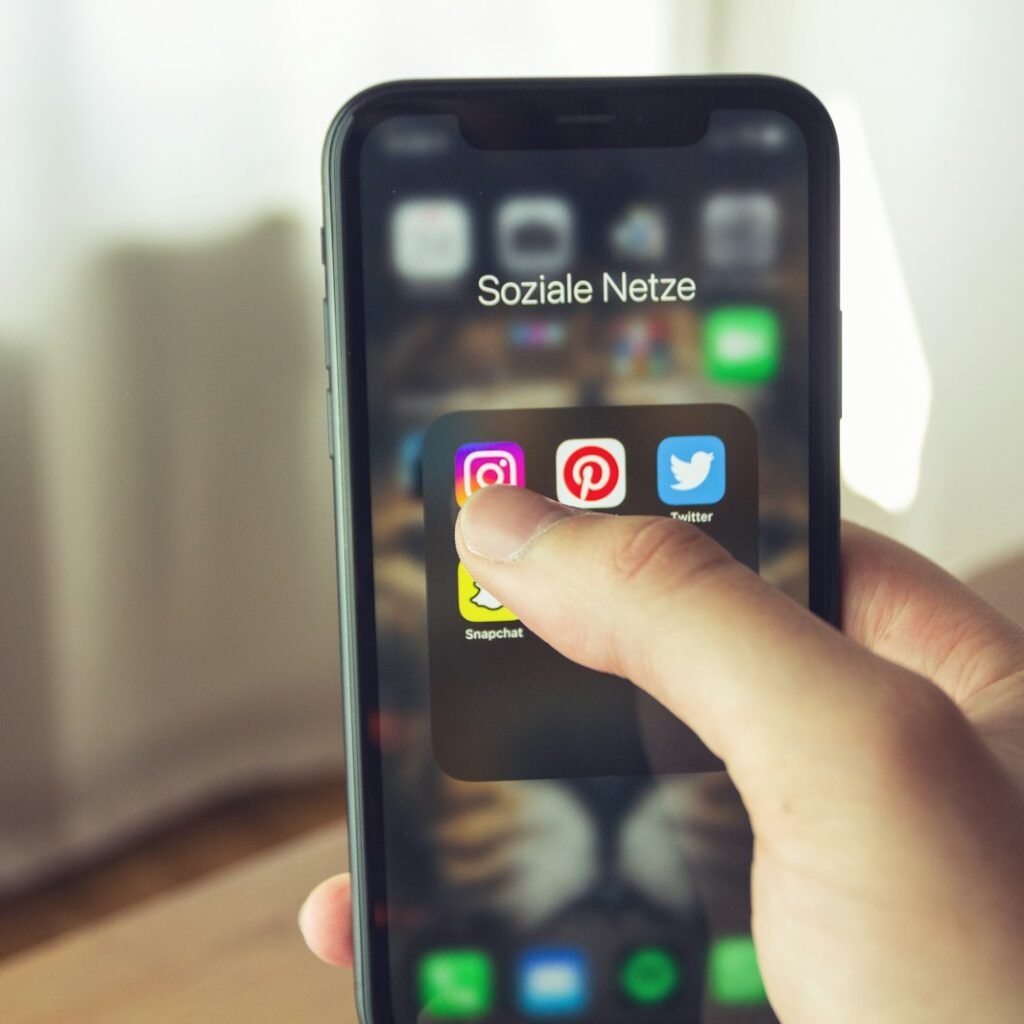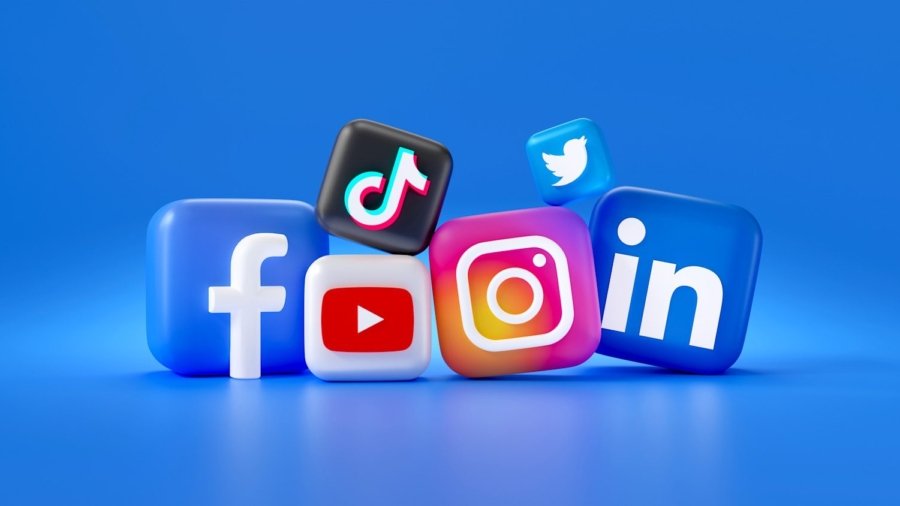Social media was meant to bring us closer. Instead, for many, it is quietly driving a wedge between partners—fueling insecurities, comparisons, and conflicts that were never meant to be. If you have ever felt a twinge of jealousy after your partner liked someone else’s post or posted something you were not part of, you are far from alone. But here is the good news: with awareness and practical steps, you can protect your relationship from the emotional turbulence social media often stirs up.
What Does Social Media Jealousy Look Like?
Social media jealousy is not always loud. Sometimes, it hides behind lingering questions like, “Why did they like that post?” or “Why did they not tag me?” These questions stem from the unique nature of social platforms—they invite public scrutiny into private lives.
According to the U.S. Surgeon General, the visibility and performative nature of social media interactions can heighten relational insecurity, particularly among young adults. Romantic partners are not only navigating trust but also managing what their relationship looks like to the world.

Why Jealousy Feels So Intense Online
Jealousy on social media can feel sharper than in real life. That is because it often blends two potent emotional triggers: comparison and uncertainty.
Research from Oxford Academic explains that jealousy is intensified by persistent content (old posts and tagged photos), visibility of social connections, and the curated nature of profiles. We are not only seeing what our partner is doing now, but also a rolling history of their social life—even before we met them.
The Role of Attachment Styles in Social Media Jealousy
Not everyone reacts the same way. Your attachment style—how you form emotional bonds with others—can deeply influence how jealousy shows up.
A study in the International Journal of Interdisciplinary Approaches in Psychology found that people with anxious attachment are more likely to experience jealousy when their partners engage with others online, especially when they interpret social cues ambiguously. Those with secure attachment, on the other hand, tend to interpret similar cues more neutrally and experience fewer spikes in jealousy.
How Jealousy Harms Relationships
Unchecked jealousy can:
- Create mistrust, even when no betrayal has occurred
- Lead to increased surveillance behaviors like checking phones or social media accounts
- Trigger arguments that erode emotional safety
- Reduce satisfaction and intimacy
According to an article in SAGE Journals, the ability to revisit your partner’s past (through old tagged images, friend lists, or comments) intensifies what psychologists call retroactive jealousy—feeling threatened by a partner’s history, not their present.
How to Protect Your Relationship from Social Media Jealousy
The solution is not to quit social media altogether. It is about building awareness and boundaries that support emotional health.
1. Practice Intentional Communication
Talk about what behaviors make each of you feel secure or uncomfortable. This is not about control—it is about clarity. Let your partner know if something online made you feel uneasy, but do so without blame.
The article Why Emotional Intelligence Is the Skill You Need in 2025 offers helpful guidance on how to express emotional triggers with empathy instead of confrontation.
2. Set Digital Boundaries Together
- Agree on what is acceptable when it comes to likes, comments, and tags
- Discuss how much of your relationship should be shared publicly
- Decide whether either of you should follow ex-partners, and if so, what feels respectful
Creating these agreements proactively prevents misunderstandings later on.
3. Limit Comparison Triggers
Social media is a highlight reel. Scrolling through curated feeds can distort your view of what a “happy couple” looks like.
According to the U.S. Surgeon General, prolonged social media exposure can worsen anxiety and depressive symptoms due to constant comparison—even more so when people are already feeling insecure in their relationships.
To protect yourself:
- Unfollow accounts that trigger doubt or insecurity
- Reduce time spent on social media during emotional lows
- Use social media as a way to connect with your partner—not as a measuring stick
4. Strengthen Offline Bonding
Relationships flourish with attention, not assumptions. Invest in meaningful offline time—shared meals, quiet walks, or no-phone date nights.
The post 10 Signs Social Media Is Impacting Your Mental Health explains how constant scrolling can create emotional disconnection—even from people who are physically close. Presence, not perfection, is what strengthens intimacy.

When Jealousy Becomes a Warning Sign
While jealousy is a normal emotion, frequent or severe episodes may indicate deeper emotional wounds—such as past betrayal, fear of abandonment, or low self-worth.
If your jealousy feels overwhelming or if it frequently leads to conflict, consider couples counseling or individual therapy. Therapists can help unpack the roots of jealousy and rebuild the trust and emotional regulation needed for healthy connection.
Final Thoughts: Jealousy Is a Signal, Not a Sentence
Jealousy does not mean your relationship is broken. It means something in your emotional system needs attention. Social media is not inherently the enemy—but how we interpret and interact with it can either strengthen or weaken our closest bonds.
By being proactive, open, and emotionally intelligent, you can transform social media from a source of stress into a space where your relationship can breathe and grow—on your terms.



[…] article, Social Media and Jealousy: How to Protect Your Relationships, on PsycheShare explains how frequent exposure to others’ digital lives can erode trust and […]